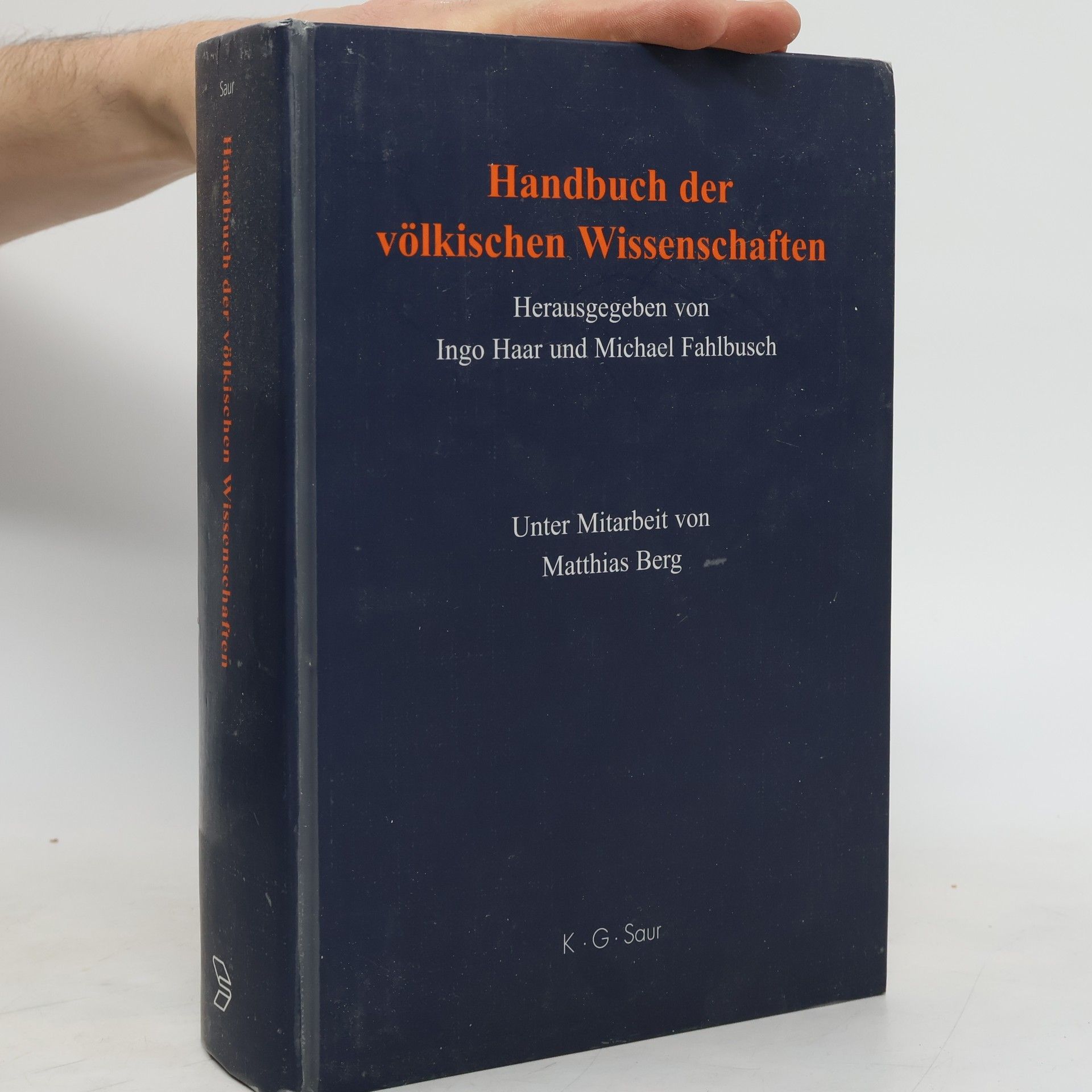Jüdische Migration und Diversität in Wien und Berlin 1667/71-1918
Von der Vertreibung der Wiener Juden und ihrer Wiederansiedlung in Berlin bis zum Zionismus


Von der Vertreibung der Wiener Juden und ihrer Wiederansiedlung in Berlin bis zum Zionismus
Das Handbuch enthält zum Thema „völkische Wissenschaften“ Einzelbiographien und beschreibt Forschungsprogramme, Institutionen, Stiftungen, Zeitschriften, Ämter und Politikfelder. Es veranschaulicht die Nazifierung der Wissenschaften ab 1933, die Mobilisierung von Wissenschaftlern für die Kriegs-, Umsiedlungs- und Vernichtungsabsichten bis 1944/45 und die Einbindung von Historikern, Geographen, Bevölkerungswissenschaftlern, Volkskundlern, Religionswissenschaftlern und anderen akademischen Experten in die „Juden“- und Biopolitik. Die Einzelbiographien verdeutlichen zudem die Brüche und Kontinuitäten nach 1945. Pluspunkte: mehr als 80 Autorinnen und Autoren mehr als 140 Beiträge zu Institutionen, Forschungsprogrammen, Sachthemen und Personen Geschichte verschiedener Disziplinen von 1933 bis 1945 „Akademische Enthusiasten überboten sich in der Definition strategischer Ziele und der Definition deutscher Identität. Schlüsselfragen nach der Verbindung zwischen dieser militant völkischen Forschung und dem Holocaust und den deutschen Kriegszielen tauchen im Handbuch auf. Es macht verstörende Feststellungen zur Rolle der Akademiker, die „Rasse“ und Ethnizität unterstützten, um damit tödliche Bevölkerungstransfers einzuleiten, Grundlagen für militärische Operationen lieferten oder die Konfrontation mit kulturellen Werten als fremd und feindlich begründeten.”(Paul Weindling, Oxford )